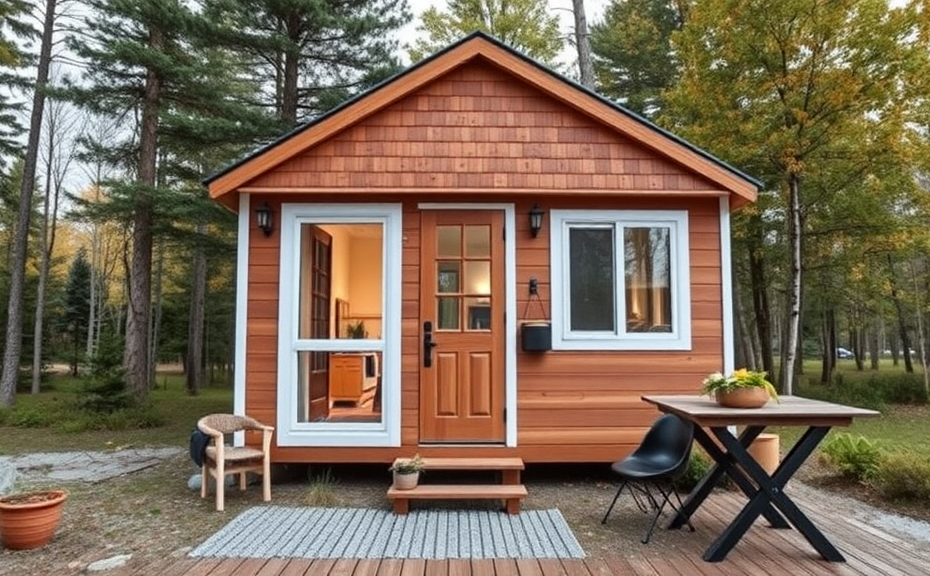In recent years, living in a tiny house has gained significant traction across Canada. The popularity stems from several factors, including affordability, sustainability, and a minimalist lifestyle. Many Canadians are drawn to the charm of downscaling their living spaces while reducing their environmental footprint. Tiny houses offer a practical solution to the housing crisis, especially in urban areas where real estate prices continue to soar.
However, the question of legality often arises for those considering this alternative lifestyle. Each province and municipality in Canada has its own zoning laws and building codes, which can significantly influence the legality of tiny houses. While some areas embrace tiny homes as a viable housing option, others may have restrictive regulations that can hinder their development.
In many regions, tiny houses can be classified under different categories, such as recreational vehicles or permanent residences, depending on their size and use. Thus, it’s crucial for potential tiny house dwellers to conduct thorough research on local bylaws. Key aspects to consider include:
- Building permits and zoning regulations
- Restrictions on land use
- Utilities access and hookup regulations
- Compliance with safety standards
Moreover, some communities across Canada are becoming tiny house friendly, establishing designated areas or developments specifically for tiny homes. These movements reflect a growing acceptance of alternative housing solutions in response to the increasing demand for affordable living options.
As tiny house living continues to rise in popularity, so too does the dialogue surrounding its legality in Canada. Staying informed and engaged with local developments will ensure that those interested can navigate the complexities of tiny house living successfully.
